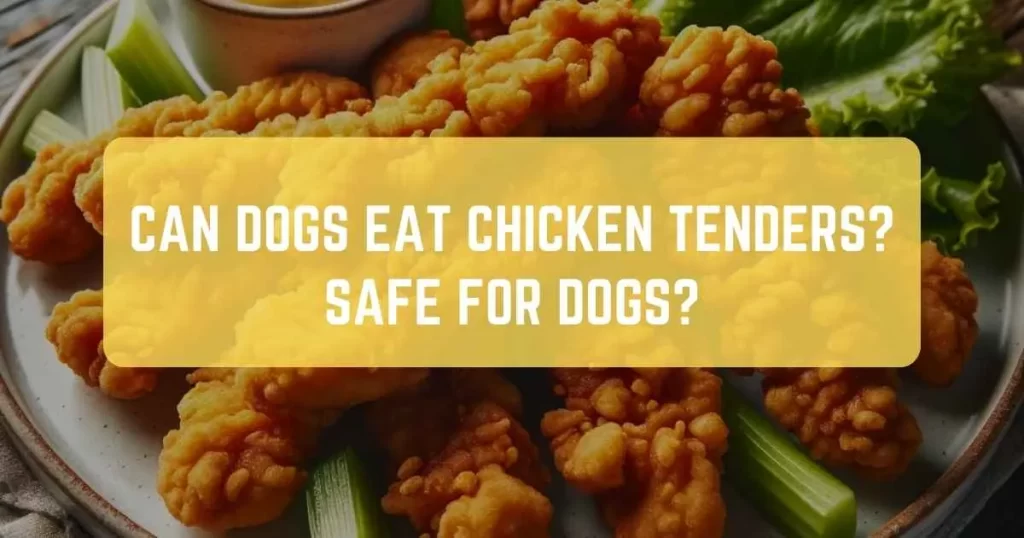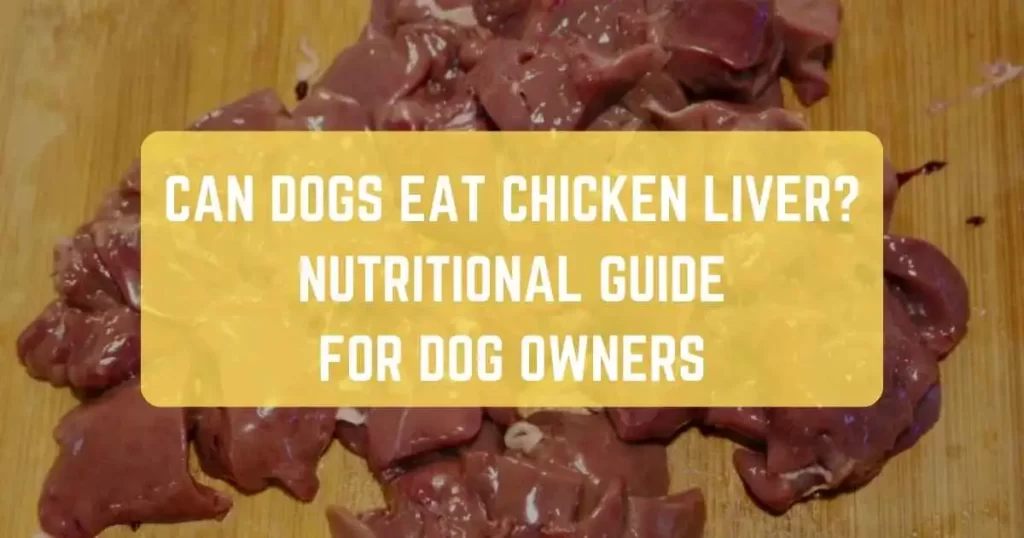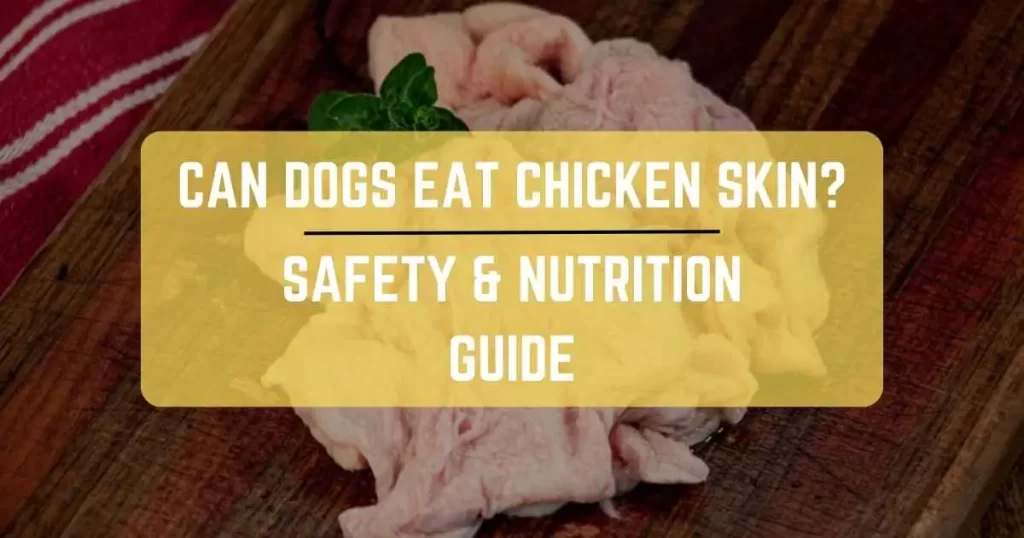
If you’ve ever shared a flaky croissant, a piece of bread, or a sweet pastry with your furry companion, you need to read this. The truth is, that what seems like a harmless treat from your plate can have serious consequences for your dog’s health.
In this eye-opening guide, we’ll explore the urgent need to understand what’s safe for dogs to eat, uncover potential dangers lurking in these tempting human foods, and reveal healthier alternatives that’ll keep tails wagging without compromising canine well-being.
So, let’s dive into the world of dog food safety and discover what your loyal friend truly deserves.
Can Dogs Eat Croissants?
No, dogs should not eat croissants. These pastries contain high levels of butter and may also include toxic ingredients like raisins, which can lead to digestive issues, weight gain, and even pancreatitis in dogs. It’s best to avoid giving croissants to your furry friend.
Potential Dangerous Ingredients in Croissants
To understand why croissants are unhealthy for dogs, it’s essential to delve into their ingredients. Here are some potentially dangerous components you might find in them:
- Yeast: Croissant dough contains yeast, which can expand in a dog’s stomach, leading to gas, bloating, and discomfort.
- Raisins: Some of them may have raisins, which are toxic to dogs and can lead to kidney problems.
- High-Fat Content: The butter content in croissants can contribute to weight gain and pancreatitis in dogs.
- Lactose Intolerant: Dogs are often lactose intolerant, and the dairy content in croissants can upset their stomachs.
What Happens If My Dog Eats a Croissant
If your dog consumes a croissant, the outcome varies based on the amount ingested and the croissant’s ingredients. In small quantities, plain croissants are unlikely to cause severe harm, but they can still lead to digestive discomfort due to their high butter content.
However, if the croissant contains toxic components like raisins or chocolate, it becomes a more serious concern. In such cases, expect symptoms like vomiting, and potential pancreatitis. If you suspect your dog has eaten a harmful croissant, contact your veterinarian promptly. Quick action can make a significant difference in your dog’s well-being.
What Do You Do If Your Dog Eats a Croissant?
If you discover that your dog has indulged in a croissant, here’s what you should do:
- Contact Your Veterinarian: Reach out to your veterinarian right away, providing them with details about the type of croissant consumed and the estimated amount. They can assess the situation and provide specific advice.
- Observe Your Dog: Keep a close eye on your dog for any signs of distress, such as vomiting, diarrhea, lethargy, or abdominal pain. The sooner you notice any symptoms, the quicker you can seek help.
- Avoid Sharing Human Food: To prevent such incidents in the future, make sure to keep human food, especially items like croissants, out of your dog’s reach. Stick to a balanced canine diet recommended by your veterinarian.
Remember, your dog’s well-being is of utmost importance, so always err on the side of caution when it comes to their dietary choices.
Healthy Alternatives to Croissants
Let’s explore some healthy alternatives:
- Whole Wheat Bread: Instead of traditional white bread, opt for whole wheat bread. It’s a healthier choice with more fiber and fewer empty calories. Just ensure it doesn’t contain any harmful additives.
- Homemade Dog Biscuits: Get creative in the kitchen by making homemade dog biscuits. You can tailor the ingredients to suit your dog’s taste and dietary needs, using wholesome items like oats, pumpkin, or sweet potatoes.
- Unsalted Rice Cakes: Rice cakes are a low-calorie option that provides a satisfying crunch. They are especially great for dogs watching their weight.
- Greek Yogurt and Berries: If your dog enjoys a creamy texture, consider offering a small amount of plain Greek yogurt with a few fresh berries. This provides probiotics and antioxidants without the added sugar found in many pastries.
- Plain Popcorn (No Butter or Salt): Popcorn can be a fun and low-calorie treat for dogs. Just ensure it’s plain and free of butter or salt, as these additions can be harmful.
- Oatmeal Cookies (Homemade): Homemade oatmeal cookies can be a wholesome treat for your dog when made without sugar or harmful ingredients. Oats are a good source of fiber and energy.
- Carob-Coated Treats: Carob is a dog-friendly alternative to chocolate and can be used to coat homemade dog treats. It provides a sweet flavor without the dangers of cocoa.
- Vegetable Medley: Create a colorful vegetable medley for your dog with safe options like carrots, green beans, and sweet potatoes. These veggies are low in calories and high in nutrients.
- Baked Sweet Potato Slices: Slice sweet potatoes and bake them for a crunchy and nutritious snack. They are rich in vitamins and fiber.
- Dental Chews: Consider dental chews specifically designed for dogs. These treats promote oral health while satisfying your dog’s need to chew.
Final Thoughts
In conclusion, croissants are not safe for dogs due to their high fat content and the potential inclusion of toxic ingredients like raisins. It’s best to avoid sharing this indulgent pastry with your canine companion. Instead, opt for healthier treat options that are both safe and enjoyable for your furry friend.
Remember, a visit to the veterinarian is essential if your dog consumes a harmful food item. Prioritize your dog’s well-being by providing a balanced and nutritious diet tailored to their specific needs. By doing so, you can ensure a long and healthy life filled with tail wags and companionship
Frequently Asked Questions
Can Dogs Eat Almond Croissants?
No, dogs should not eat almond croissants. Almonds are toxic to dogs and can lead to health issues. The high-fat content in croissants can also cause digestive problems and pancreatitis. It’s best to keep these pastries away from your furry friend.
Can Dogs Eat Chocolate Croissants?
No, chocolate croissants are a definite no-no for dogs. Chocolate is highly toxic to them and can result in symptoms ranging from vomiting and diarrhea to seizures and even death. Protect your dog’s health by avoiding any treats including chocolate.
What if My Dog Ate a Chocolate Croissant?
If your dog has eaten a chocolate croissant, it’s crucial to act swiftly. Chocolate is dangerous to dogs, potentially causing symptoms like vomiting, diarrhea, and seizures. Contact your veterinarian immediately for guidance, as treatment may be necessary to ensure your dog’s safety.
Can Dogs Eat a Little Croissant?
No, it’s best to avoid giving croissants, even in small amounts, to dogs. They are high in fat and can lead to multiple problems like digestion etc in dogs. Opt for safer and healthier dog-friendly treats to ensure your pet’s well-being.
Are Croissants Bad for Dogs?
Yes, croissants are bad for dogs. They contain high levels of butter and often include toxic ingredients like raisins. The high fat content can lead to many potentially dangerous problems making them an unhealthy choice for your canine companion.









